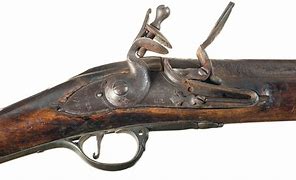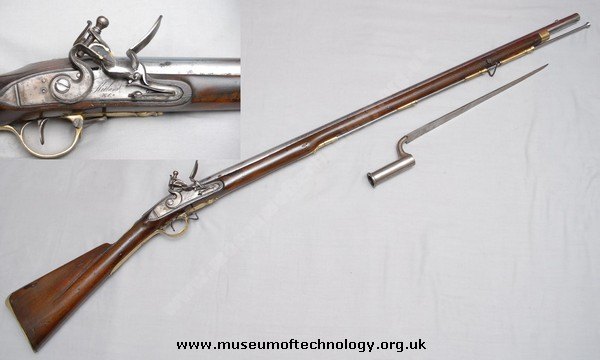When taking my tours around the battlefield, one of the parts that always gets comments is when I explain the operation of loading and firing a muzzle loading musket. This involves a number of stages and from this comes a number of English idioms that always encourages conversation. One of these is the term “Biting the Bullet” which over the years has been misconstrued and most people think originated from surgery rather than loading a gun.
Most people assume that the term came from when a surgeon was about to perform an operation and the patient was given a bullet to bite on to withstand the pain. This is totally incorrect, for a start getting a person, delirious with pain, to open his mouth and clench a lead ball would be near impossible. Then, with the pain involved (no anaesthetic) the patient would more than likely pass out resulting in choking to death on the lead ball falling in to the throat. In reality a patient would be given a leather or wooden strap to bite on during the surgery, less chance of choking and also breaking teeth.
So looking at the use of “Biting the Bullet” as a term for facing a fear or a dreaded event, it is more probably from the action of biting the end of a paper cartridge before loading the gunpowder in to the muzzle of a flintlock musket. This would be done while facing the enemy and so definitely at a point when you are looking at fear head on.
Rudyard Kipling relates to this in his novel “The Light that Failed” with the passage “Steady, Dickie, Steady!”, said the deep voice in his ear, and the grip tightened. “Bite on the bullet, old man, and don’t let them think you’re afraid”.
The action of “Biting the Bullet” had an indirect effect on causing the Sepoy Rebellion (Indian Mutiny 1857-59) where Indian soldiers assumed the British were forcing them against their religion by biting the bullets which had been covered in either pig or cow fat. The musket balls were glued in place on the cartridge and glue is derived from cow hide so the Muslim soldiers did have a relivant argument.

Other idioms that come from the loading a flintlock musket.
“Flash in the Pan” – Something that dissapoints to deliver as expected. This comes from having insufficient priming powder or a blocked touch hole so that when the flint strikes and causes a spark there is no ignition and therefore the gun does not fire.
“Going off half cocked” – Speaking or acting prematurely and un-prepared. When loading the gun the first action is to half cock the flintlock so that the frizzen can be opened and the pan primed with powder. The frizzen is then closed to hold the priming powder while the remaining process of loading the gun is performed. When the gun is ready the lock is fully cocked before the trigger is pulled to relaese the flint to cause a spark and the gun fires. IF by accident the trigger is pulled before being fully cocked then a spark can be created and the gun goes off causing a a shock and surprise. A certain Mr Trump can often be accused of going off half cocked!!!!!






hi, your style is amazing.Following your news.
Many thanks for the comment. I am working on a new post now about the origin of the British Red Tunics, should be published very soon.
hi there, your article is very good.Following your news.
Many thanks Emerita. Good to see people are following my posts.
All the best, Dave.